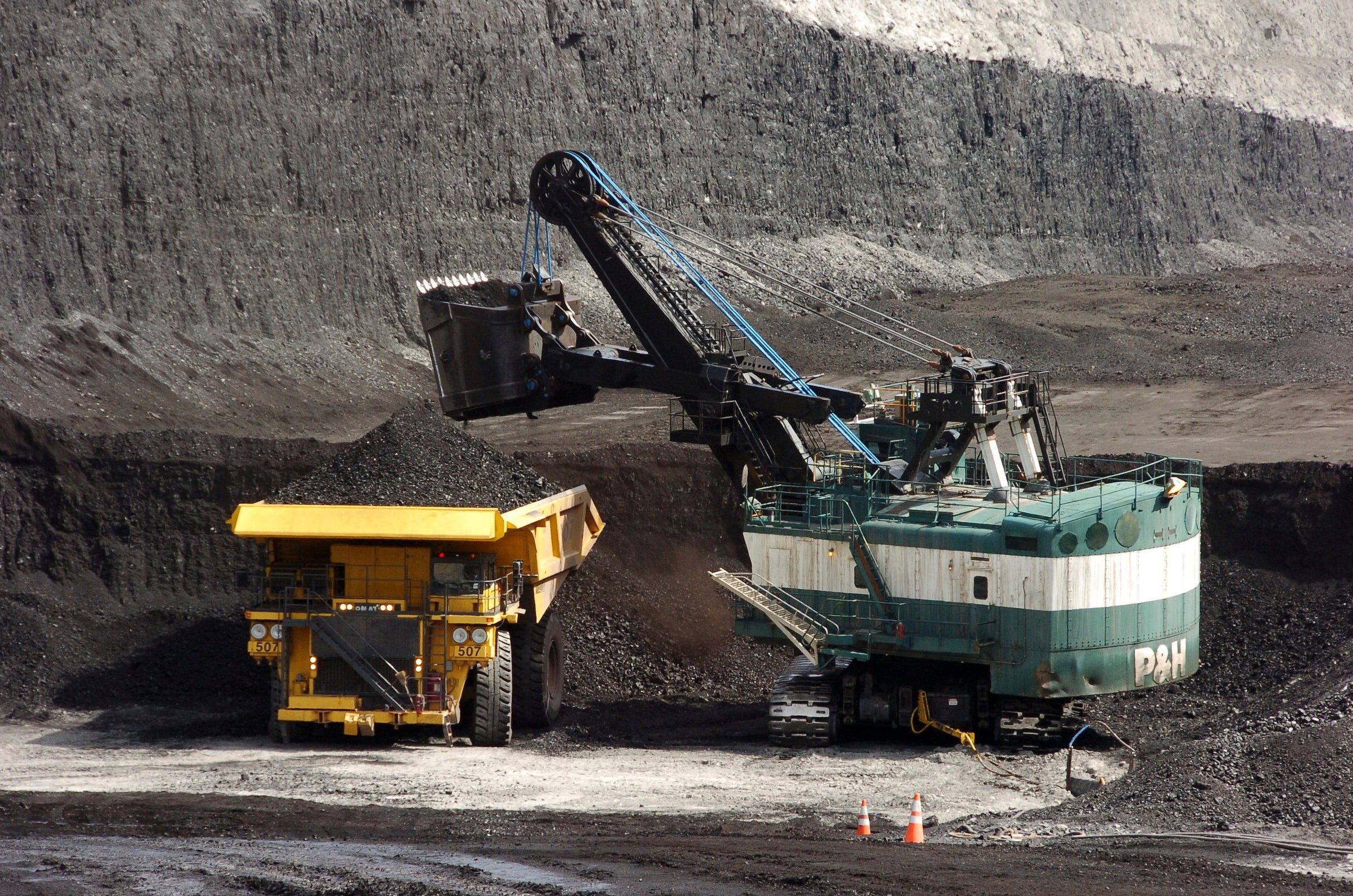Court lifts moratorium on federal coal sales in a setback for Dems and environmentalists
A U.S. appeals court has struck down a moratorium on coal leasing from federal lands

A U.S. appeals court on Wednesday struck down a moratorium on coal leasing from federal lands in a move that could open the door to future coal sales from vast, publicly owned reserves of the fuel that's a major source of climate-changing greenhouse gases.
The ruling from a three-judge panel of the 9th U.S. Circuit Court of Appeals is a setback for environmentalists and Democratic lawmakers who worked for years to curtail the federal coal leasing program.
Yet it's uncertain how much demand there will be from the mining industry for new leases: Coal production from federal lands dropped sharply over the past decade after many electric utilities switched to less polluting sources of power generation such as natural gas and renewables.
More than 260 million tons of coal, or about half of the nation’s total, was mined by private companies from leases on federal land in 2022, the most recent figures available. That compares to more than 400 million tons of coal mined from federal lands in 2014.
Most of the mining occurs in Western states including Wyoming, Montana and Colorado.
The leasing moratorium — originally enacted in 2016 under former President Barack Obama — didn't halt mining. Rather, it prohibited federal lease sales that are often crucial for companies seeking to expand their operations.
The moratorium was rescinded under the administration of former President Donald Trump, then revived by a federal district judge in Montana, who in 2022 ordered government officials to conduct a new environmental review before they could hold coal sales on federal lands. That came in a lawsuit filed by environmental groups and the Northern Cheyenne Tribe, which has fought for decades against coal mining near its southeastern Montana reservation.
But Wednesday's appeals court ruling said the matter was moot when the 2022 order was issued, because Interior Department officials under President Joe Biden already had revoked Trump's effort to end the moratorium. The panel of judges noted that a “de facto moratorium” appears to be in place now, since lease sales have been diminishing.
The National Mining Association hailed Wednesday's ruling as “a victory for American-mined energy" that could allow stalled mining projects to advance. Among them is the pending expansion of southwestern Wyoming's Black Butte coal mine, which was approved by state officials last year and is awaiting a federal decision, according to the industry group.
“With this ruling, important projects can once again advance and support the production of affordable, reliable power to the grid, while creating jobs and economic development across the country,” mining association President Rich Nolan said in a statement.
Earthjustice attorney Jenny Harbine called for the Biden administration to respond to the ruling with immediate steps to end new leasing, and to address coal's ongoing harms to the climate and public health.
“This decision only highlights the need for decisive federal action to end coal leasing and phase out coal mining on federal lands,” said Harbine, who represents the Northern Cheyenne Tribe and environmental groups.
The federal coal program is run by the Interior Department's Bureau of Land Management. Bureau spokesperson Brian Hires said the agency had no immediate comment on Wednesday's ruling.
Coal combustion for electricity remains one of the top sources of U.S. greenhouse gas emissions, even after many coal-fired power plants shut down over the past decade because of concerns over pollution and changing economic conditions. Electric power generation accounts for about one quarter of total U.S. greenhouse gas emissions and most of that comes from burning coal, according to the Environmental Protection Agency.
Royalties and other payments from companies for coal mined on federal lands brought in more than $500 million last year, according to government data. The industry supports thousands of jobs and has been fiercely defended by Republicans in Congress and officials in coal-producing states.
Bookmark popover
Removed from bookmarks